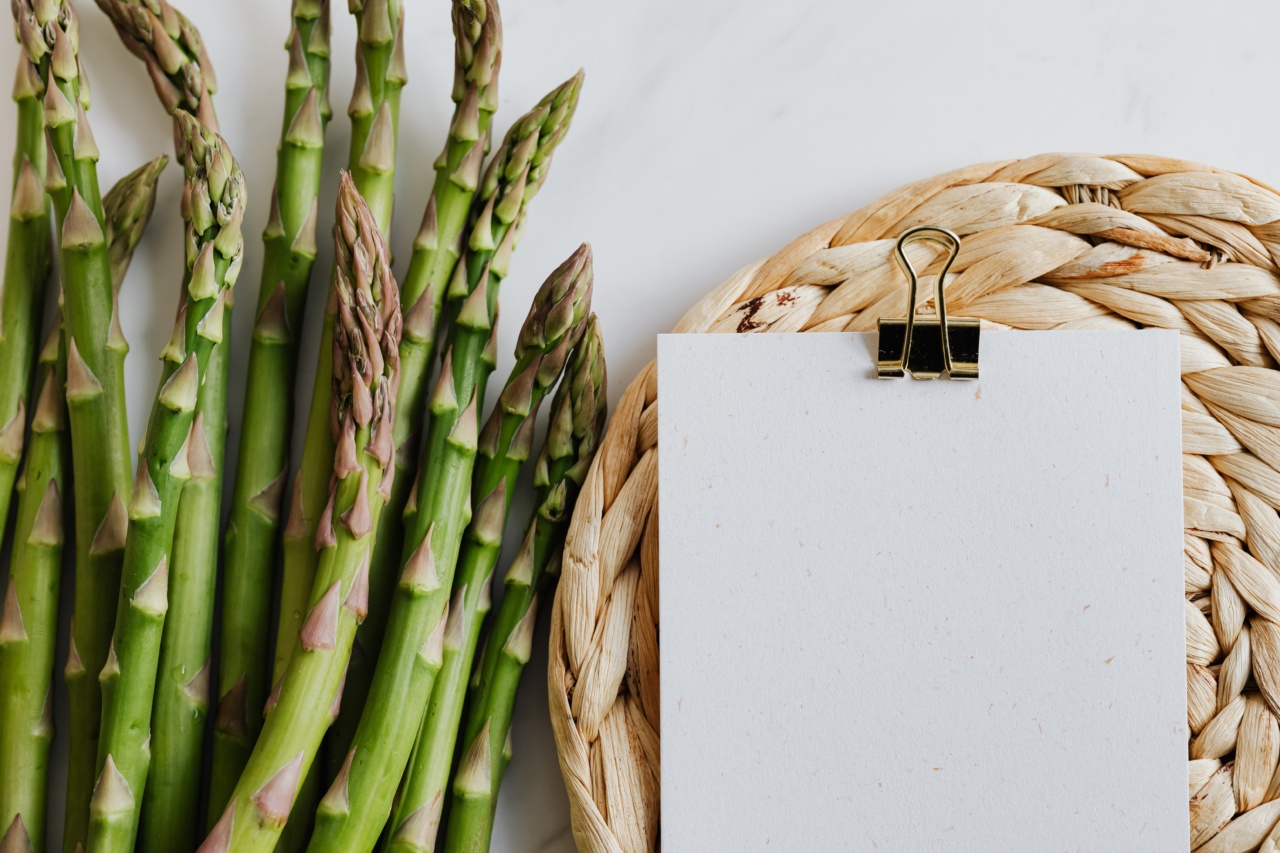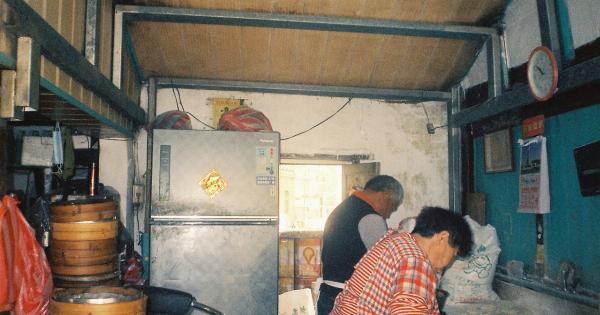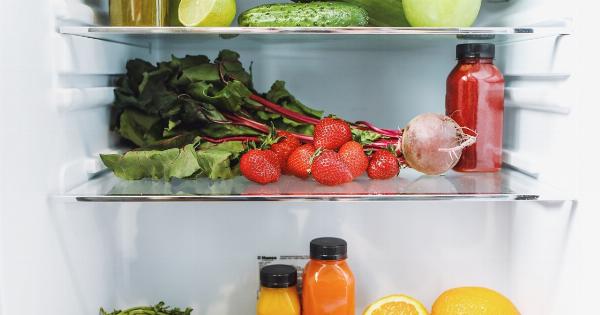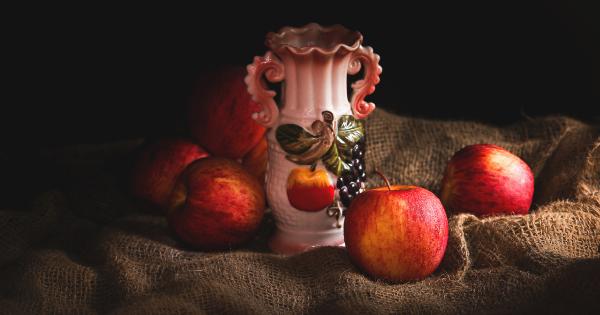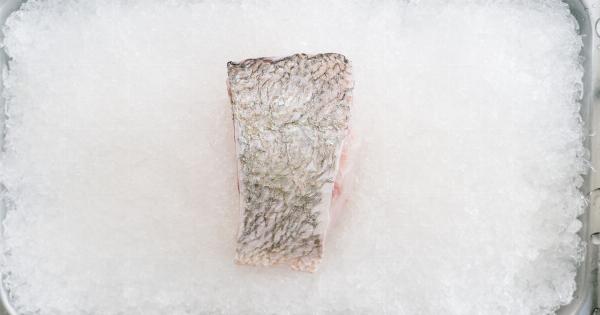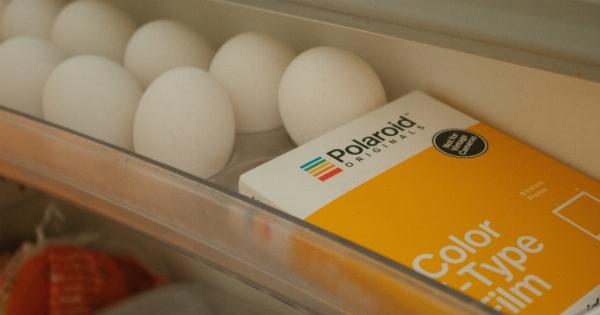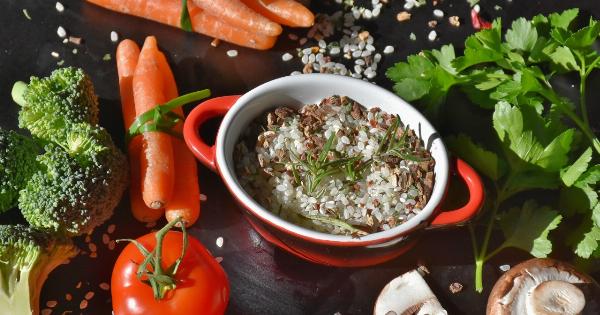Have you ever opened your fridge and been hit with a bad smell or found spoiled food? Properly organizing and using your fridge can help extend the shelf life of food and reduce waste. Here are some tips for maximizing food freshness:.
Keep your fridge temperature at the right setting
Your fridge temperature should be set between 35°F and 38°F (1.7°C and 3.3°C). This is the ideal temperature range for maximizing food freshness and preventing bacterial growth.
Use a fridge thermometer to check your fridge temperature regularly and adjust the temperature setting if needed.
Organize your fridge properly
Organizing your fridge properly will help you maximize the space and keep food fresher for longer. Here are some guidelines:.
- Store raw meat, poultry, and fish on the bottom shelf to prevent drips onto other food and reduce the risk of cross-contamination.
- Store dairy products such as milk and cheese on the top shelf where the temperature is the most consistent.
- Fruits and vegetables should be stored in the drawers, which are designed to help maintain their freshness. Keep the humidity setting on high for vegetables and low for fruits.
- Leftovers and ready-to-eat foods should be stored in clear, airtight containers on the middle shelves.
Prep your food for storage
Properly prepping your food before storing it in the fridge can help extend its shelf life. Here are some tips:.
- Remove excess moisture from fruits and vegetables by patting them dry with a paper towel before storing.
- Cut fruits and vegetables into bite-sized pieces or slices to make them more convenient for snacking or cooking.
- Wrap meat, poultry, and fish tightly in plastic wrap or aluminum foil to prevent air from reaching the surface.
- Remove the air from zip-top bags by using a straw or a vacuum sealer to seal the bags tightly.
Label and date your food
Labeling and dating your food can help you keep track of how long it has been in the fridge and avoid eating spoiled food. Use a label maker or write directly on the container with a permanent marker to label your food.
Make sure to include the date you stored the food and the expiration date if applicable.
Rotate your food
Rotating your food can help you use up the oldest items first and avoid wasting food. When you bring home groceries, move the older items to the front of the fridge and put the new items in the back.
When you are meal planning and prepping, use the oldest items first to prevent them from spoiling.
Clean your fridge regularly
Cleaning your fridge regularly can help prevent odors and maintain food freshness. Here are some tips:.
- Remove all the food from the fridge and throw away any expired or spoiled items.
- Remove the shelves and drawers and wash them with warm, soapy water. Rinse and dry them thoroughly before putting them back in the fridge.
- Clean the interior of the fridge with a mixture of warm water and baking soda. Rinse and dry the fridge with a clean cloth.
- Place an open box of baking soda in the back of the fridge to help absorb odors.
Store food in the right containers
The containers you use to store your food can also affect its freshness. Here are some tips:.
- Use clear, airtight containers to store leftovers and prepared foods. This will help you see what you have and keep the food fresh for longer.
- Use glass containers instead of plastic containers to store acidic foods like tomatoes and citrus fruits. The acid can cause the plastic to break down and leach into the food.
- Avoid storing food in cans. Once a can is open, transfer the contents to an airtight container and refrigerate.
Buy only what you need
One of the best ways to reduce food waste is to buy only what you need and use it before it spoils. Plan your meals for the week and make a shopping list to avoid buying excess food.
When shopping, check the expiration dates and choose the freshest items.
Conclusion
Properly organizing and using your fridge can help extend the shelf life of food, reduce waste, and save you money. Follow these tips to maximize food freshness and enjoy delicious, healthy meals every day.
